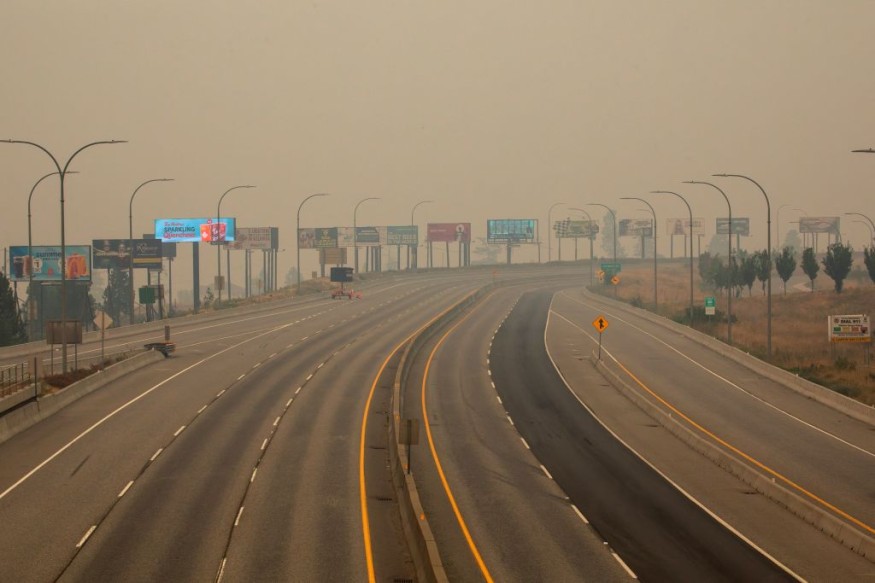The latest report raised concerns about the arrival of the wildfire season in British Columbia in Canada, bringing risks of deadly and raging wildfires. Without preparedness, communities can likely become vulnerable to threats, including wildlife.
Wildfires can emerge due to human-caused activities. However, environmental conditions and climate change can contribute to wildfires in parts of Canada.

The warmer conditions, strong winds, and low relative humidity can help exacerbate wildfires, particularly in areas with dry vegetation. As a result, wildfire preparations and management are crucial to keeping people safe from extreme weather conditions, including:
- wildfires
- drought
- heatwaves
Understanding the wildfire preparations will be helpful for protection and mitigation efforts. In the last year's record, about 2.8 million hectares were affected in British Columbia due to wildfire impacts.
Forest Management
The report highlights the importance of proactive management in addressing the fire concerns in the region, including climate resilience. A report published by the University of British Columbia stressed the importance of forest management and advanced technologies in mitigating wildfires.
Proactive forest management will be helpful, preserving larger trees for significant wildlife habitats. It can potentially slow down the spread of rapid wildfires. Additionally, the report explains that forest thinning and controlled burns are some of the ways to prevent possible wildfires.
Protecting wildfires and preserving trees can avoid a devastating impact on wildlife.
Recently, CBC News reported that seven human-caused wildfires were reported in central British Columbia. Training firefighters can potentially stop the spread of fire risks.
Use of Technology
The use of advanced technologies, including drones and satellite imagery, can contribute to controlling and mitigating wildfire risks in B.C. It can offer updated information about forest health, providing new information for wildfire management.
Technologies can anticipate fire behavior, reducing the emergence of fires in the region. As climate change exacerbates the frequency of wildfires, drones can offer preemptive measures, particularly for drought-prone areas.
Community Preparedness
For communities, homeowners can avoid fuel fires in these areas by avoiding waste food, outdoor burning, and tall grasses. Early education and public announcements can increase the awareness of communities in fighting wildfires. Proactive community and investment in fighting initiatives can significantly help.
For businesses, they can implement non-flammable landscaping and initiatives. For campers, limiting outdoor burning is important, particularly for dry vegetation. Homeowners can also engage with wildfire plans in their communities.
Wildfire Resilience
With wildfire resilience, communities can reduce the risk of wildfires, particularly human-caused fires. Governments should prepare for effective wildfire resilience and prediction to control the spread of fires, preventing alarming impacts on communities and animals.
For more similar stories, don't forget to follow Nature World News.
© 2025 NatureWorldNews.com All rights reserved. Do not reproduce without permission.





